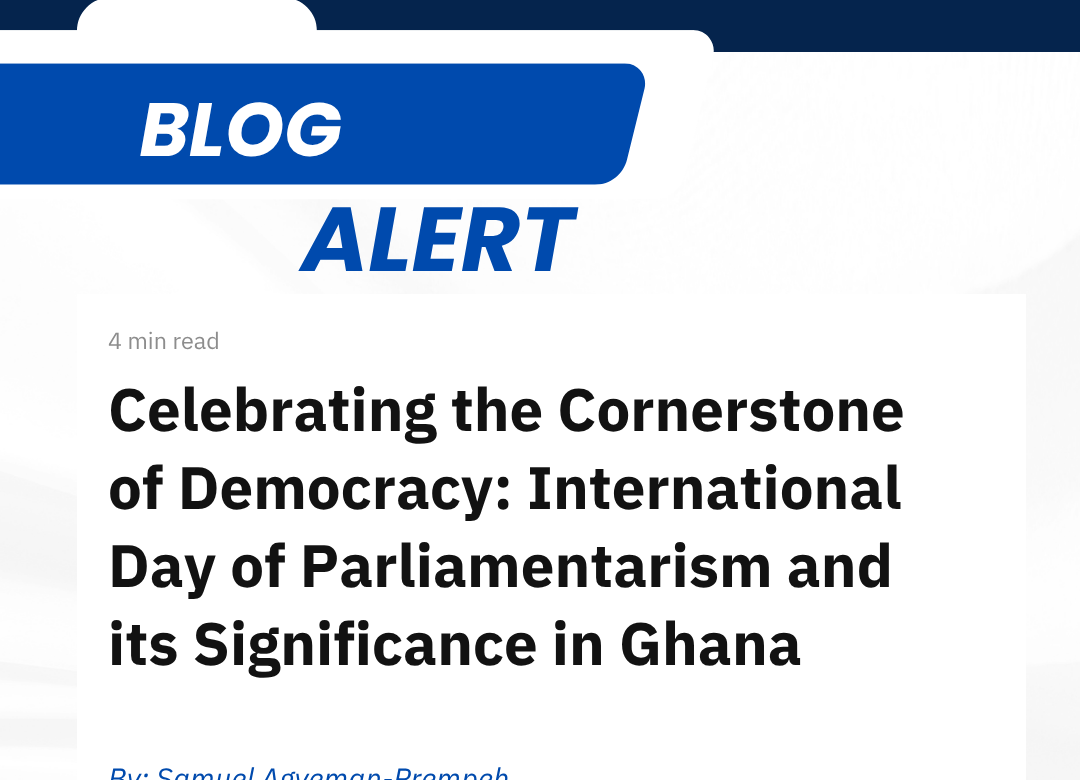By Samuel Agyeman-Prempeh
The International Day of Parliamentarism, observed annually on June 30, celebrates the essential role parliaments play in upholding democracy, promoting accountability, and amplifying the voices of citizens. Established by the United Nations General Assembly in 2018, the day also marks the founding of the Inter-Parliamentary Union (IPU) in 1889.
This year’s theme, “Achieving Gender Equality, Action by Action,” struck a particularly strong chord in Ghana. Both Parliament and civil society took the opportunity to reflect on the importance of inclusive representation in democratic governance. The African Centre for Parliamentary Affairs (ACEPA) reaffirmed its commitment to strengthening democratic institutions by championing diversity and inclusive participation. In a call to action, ACEPA urged all stakeholders to redouble efforts in creating equitable political spaces that empower women and ensure fair representation at all levels of decision-making.
Ghana’s Parliament marked the occasion in collaboration with key stakeholders, reinforcing the day’s theme and aligning it with the country’s democratic aspirations. In his keynote address, Speaker of Parliament Rt. Hon. Alban Sumana Kingsford Bagbin emphasized the need for thoughtful reflection on Ghana’s democratic progress, inclusive governance, and deliberate action toward lasting reform.
According to the 2025 IPU report, Ghana has seen only a 6.6% increase in women’s parliamentary representation over the past three decades, placing the country 137th out of 168 globally. In response to this ongoing disparity, Parliament has initiated key reforms, including the launch of a Parliamentary Action Plan aimed at improving institutional performance, transparency, and responsiveness. In addition, the establishment of the Open Parliament Steering Committee underscores a commitment to citizen engagement, accountability, and open governance.
The International Day of Parliamentarism serves as a powerful reminder that parliaments are more than legislative bodies; they are the embodiment of the people’s will. Their legitimacy and strength depend on transparency, inclusiveness, and responsiveness. For Ghana and other democratic nations, June 30 offers a renewed opportunity to strengthen democratic governance, uplift citizen voices, and ensure that legislative processes serve the public good.

